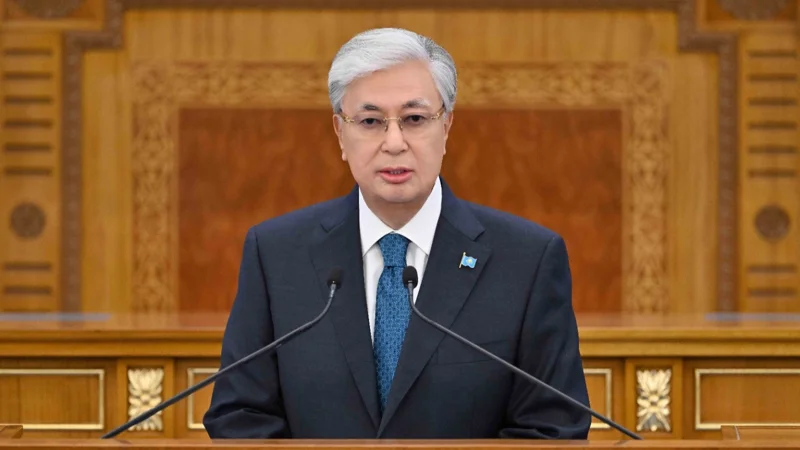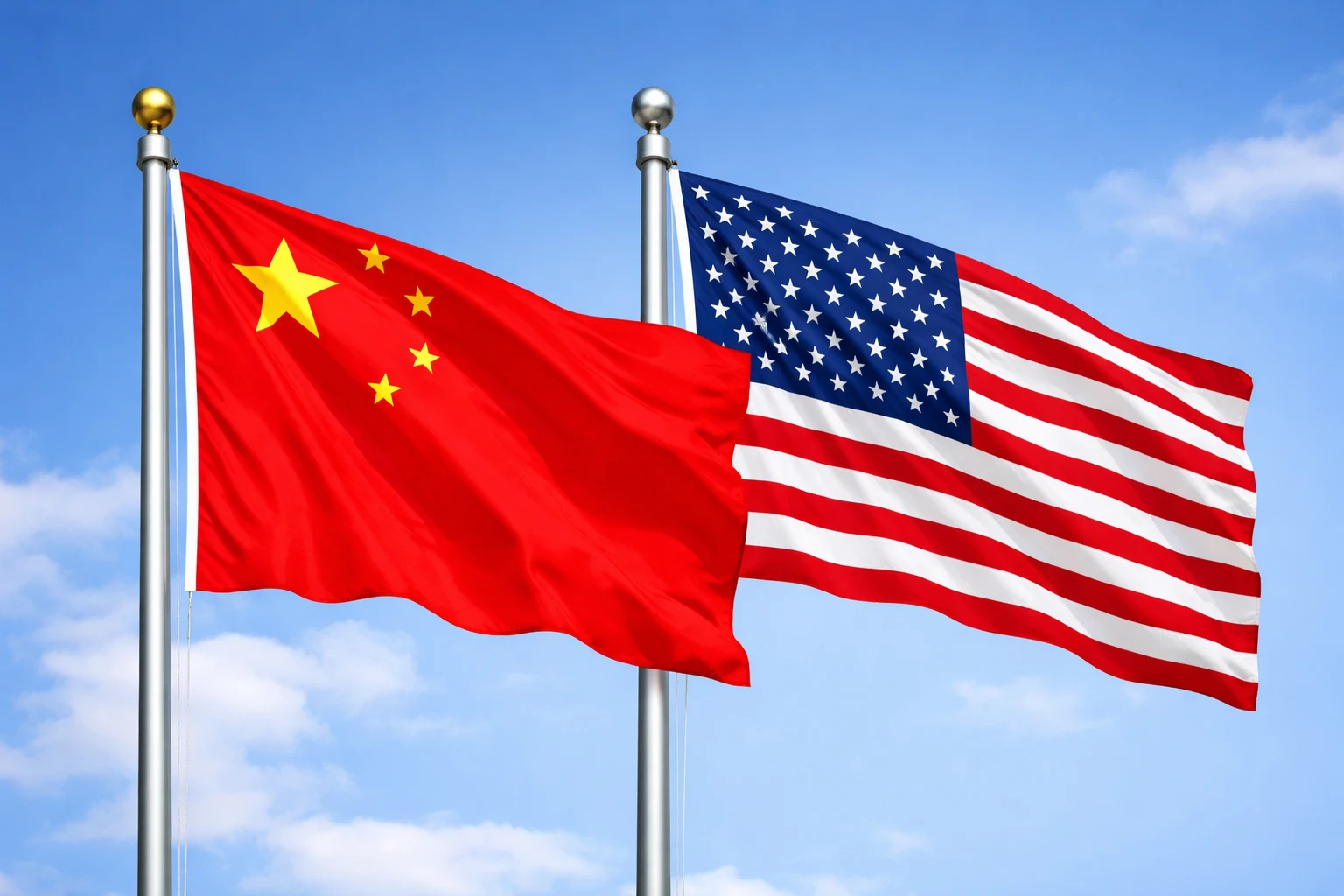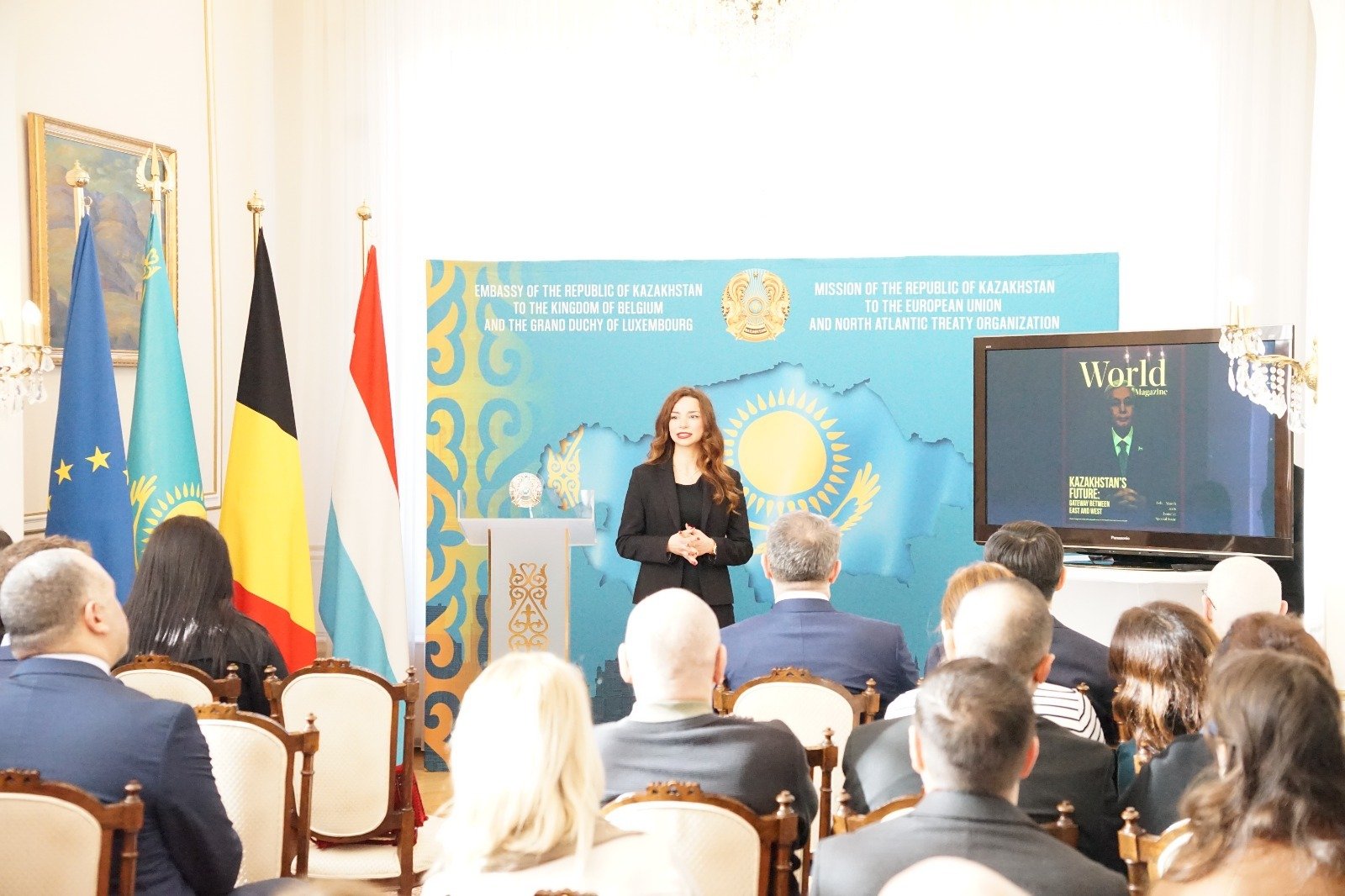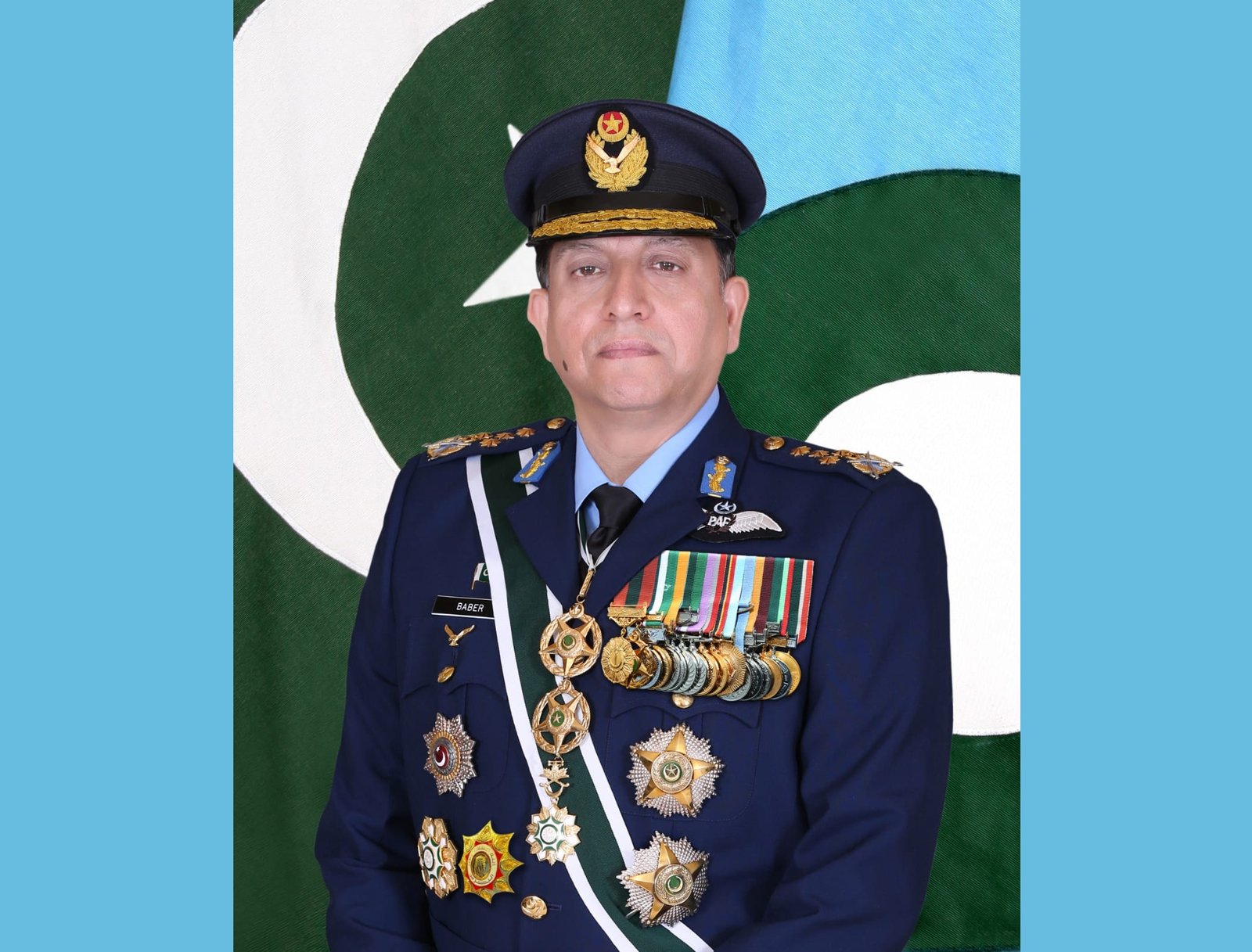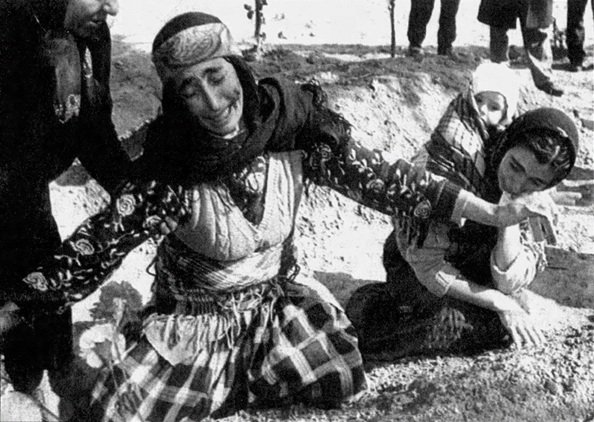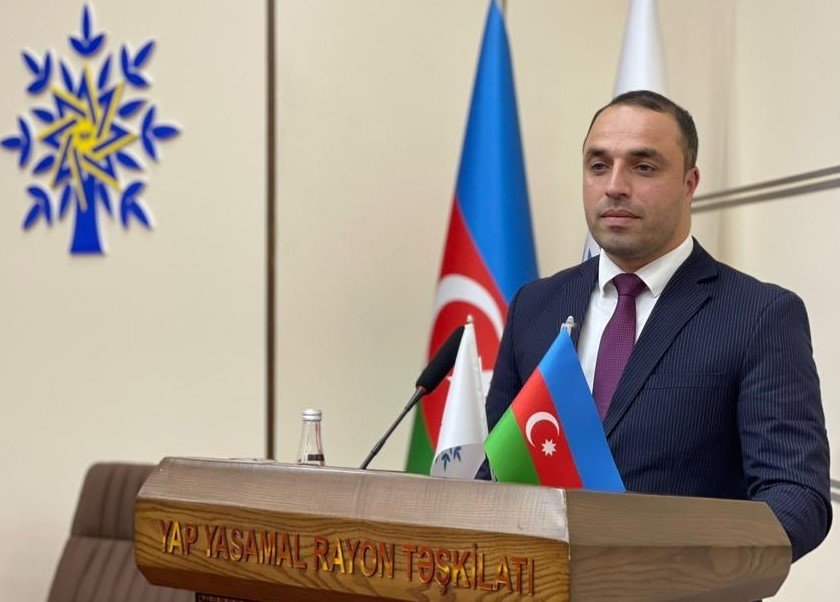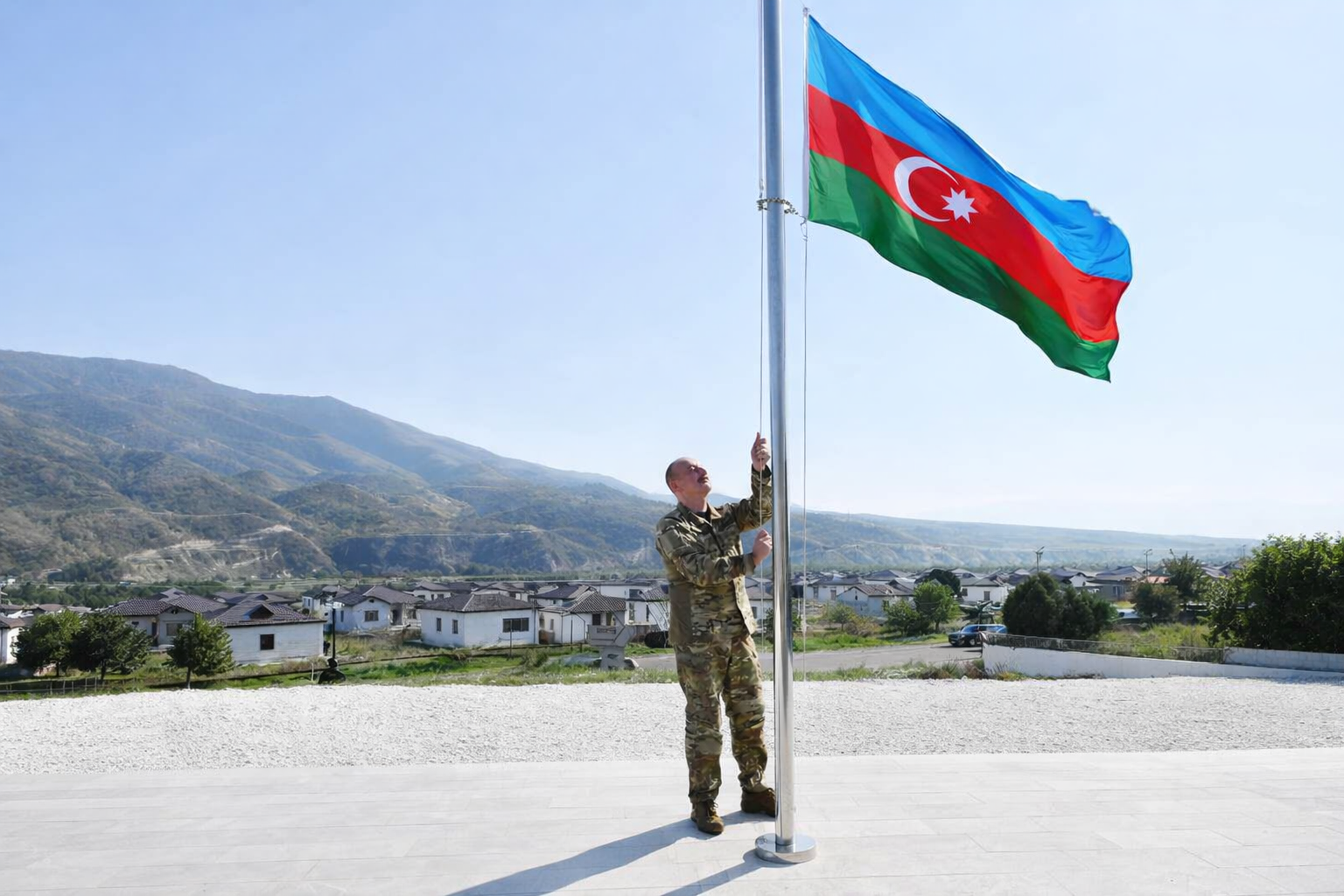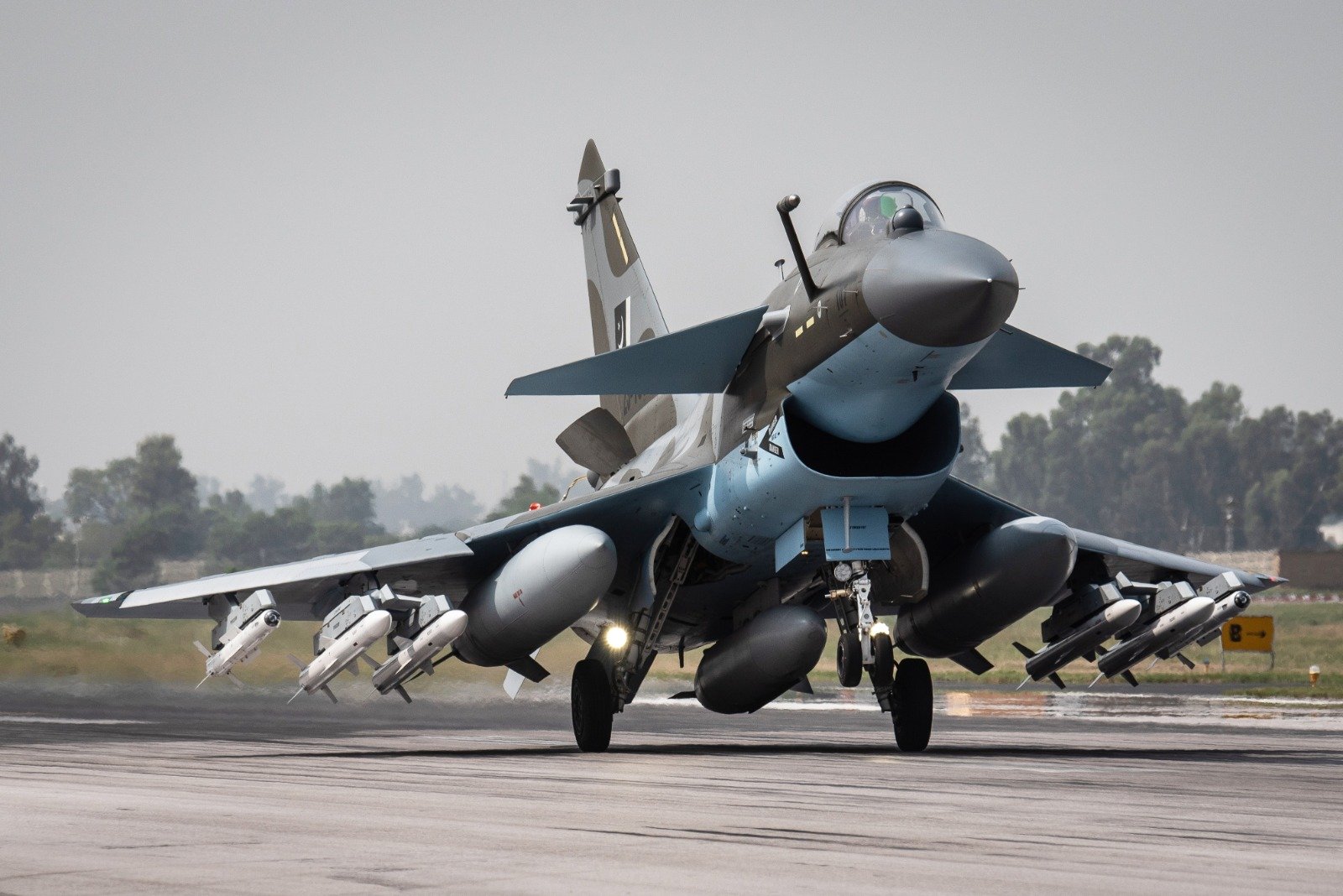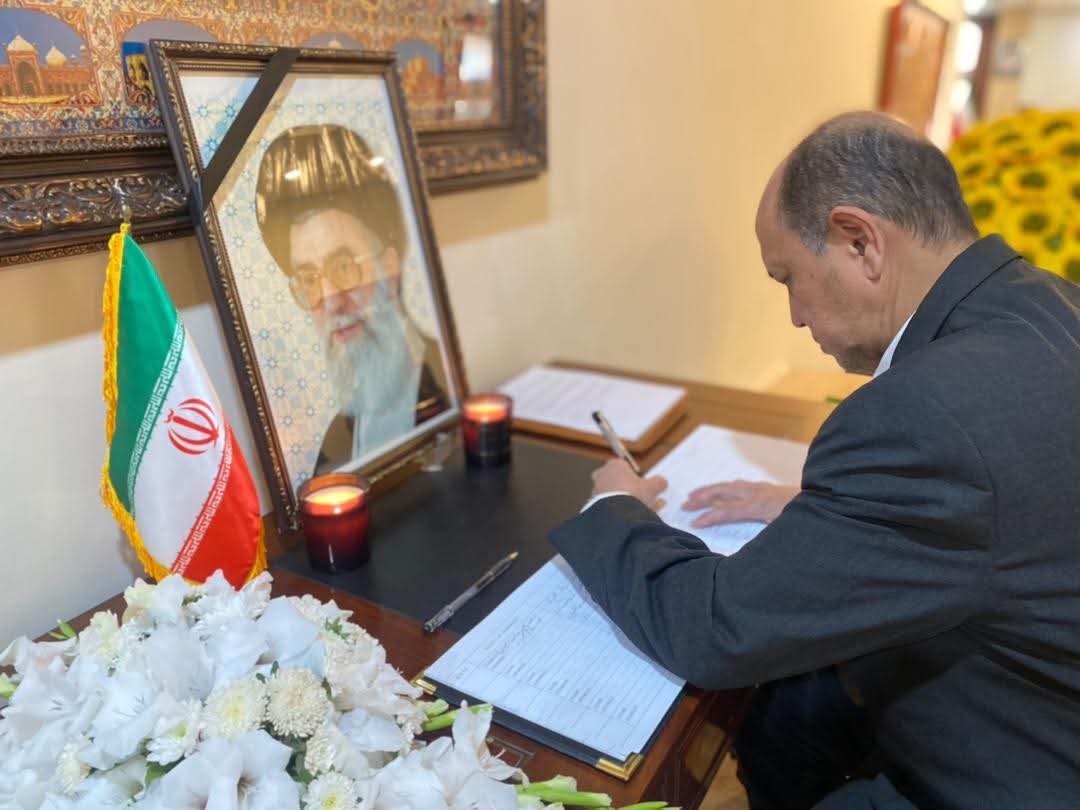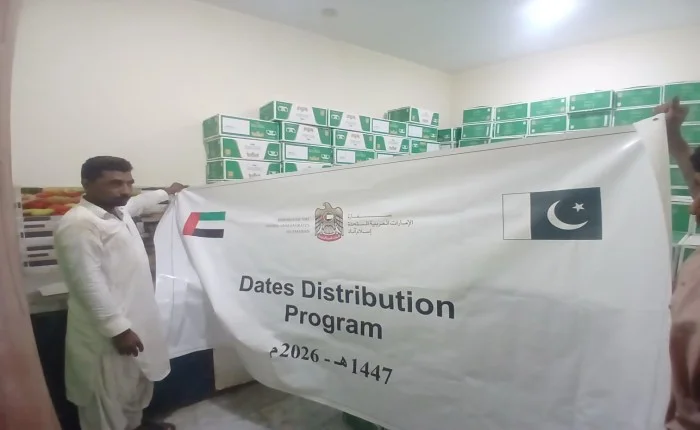Overview
On September 8, President Kassym-Jomart Tokayev delivered his annual state-of-the-nation address, “Kazakhstan in the Era of Artificial Intelligence: Key Tasks and Their Solutions through Digital Transformation.” The President outlined an ambitious reform agenda centered on digitalization, economic modernization, and institutional change to secure Kazakhstan’s long-term resilience.
Among the headline initiatives, he announced the creation of a Ministry of Artificial Intelligence and Digital Development, proposed renaming the Illegal Asset Recovery Committee into a Committee for the Protection of Investors’ Rights, and called for the adoption of a new Banking Law by the end of the year. He also ordered a fundamental renewal of the investment attraction system and directed the establishment of a State Digital Asset Fund.
To improve the business environment, Tokayev instructed the introduction of a Regional Investment Attractiveness Index, while on political reform he proposed transitioning to a unicameral Parliament through a nationwide referendum in 2027.
He also emphasized the need to ensure fair wages for skilled workers, transform Kazakhstan into the leading aviation hub in Eurasia, and pursue public sector reform to reduce the state’s footprint in the economy.
Key Tasks Set by President Tokayev
1. Digital Transformation and Artificial Intelligence
The President set a strategic goal to turn Kazakhstan into a fully digital nation within three years.
- Establish a Ministry of Artificial Intelligence and Digital Development, led by a Deputy Prime Minister–level specialist.
- Accelerate adoption of the Digital Code, covering AI, platform economy, big data, and other digital priorities.
- Ensure total integration of AI across all sectors of the economy.
- Develop a comprehensive ecosystem for digital assets, scaling up the use of the digital tenge in national, local, and state holding budgets.
- Create a State Digital Asset Fund to build a strategic crypto reserve of promising assets.
- Introduce a new Banking Law to boost competition, attract new players, advance fintech, and liberalize digital asset circulation.
- Strengthen measures against cybercrime and online fraud through biometric ID, anti-fraud centers, and new legislative tools.
2. Investment Policy and Economic Modernization
The President emphasized the need to overhaul the investment system to attract capital into priority sectors.
- Launch a new investment cycle, shifting focus from extractive industries to manufacturing and high-tech sectors.
- Government to revise investment policy, with potential preferences for technology-focused investors.
- Within 10 days, the Government must propose new measures to strengthen investment attraction.
- Introduce an Investment Attractiveness Index for regions, holding akims directly accountable.
- Consider renaming the General Prosecutor’s Illegal Asset Recovery Committee into the Committee for the Protection of Investors’ Rights.
- Encourage public-private partnerships and support both state and private large-scale initiatives.
- Reassess tax preferences for investors, prioritizing significant, profitable projects.
3. Transport and Transit Corridors
- Over 1 billion tons of cargo crossed Kazakhstan last year.
- Integrate North–South, East–West, BRI, and Trans-Caspian routes into one system to increase revenues and jobs.
- Complete the Dostyk–Moyinty double track (836 km) this year; proceed with Bakhty–Ayagoz and Kyzylzhar–Moyinty.
- Create a competitive, unified, flexible tariff policy across modes by year-end.
- Launch by October a Smart Cargo digital customs and logistics platform with AI; digitize border services and ensure reliable internet.
- Upgrade 8 border checkpoints this year, 34 more within three years, creating a green corridor for freight
- Aviation: expand air cargo capacity, create a National cargo carrier, and position Kazakhstan as the leading Eurasian aviation hub.
4. Balanced Foreign Policy and UN Reform
- Maintain a balanced, constructive foreign policy serving strategic national interests to underpin sustainable growth in the AI era.
- Recent/coming engagements with China, Türkiye, Kyrgyzstan, Russia, Uzbekistan; hosting leaders of Azerbaijan, Armenia, Turkmenistan; active Kazakhstan–U.S. dialogue; expanding ties with the EU.
- Kazakhstan welcomed outcomes of the Russia–U.S. summit in Alaska and a Washington peace declaration between Azerbaijan and Armenia.
- Reaffirm the UN as the primary platform for fair resolution of global issues; call for UN reform, especially of the Security Council.
- President to address the UN General Assembly with Kazakhstan’s assessment and reform proposals.
5. Parliamentary Reform
- Move in the foreseeable future to a unicameral Parliament, a major constitutional change.
- Process & timeline:
- Year-long open public debate (civil society, experts, sitting Parliament).
- 2027 nationwide referendum; if approved, constitutional amendments to follow.
- The unicameral chamber to be elected solely by party lists, aligning with widely used parliamentary traditions.
- The current Mazhilis continues its work up until the term-end; the Senate functions until referendum results and new elections.
- Political parties to prepare for genuine competition; the President commits to an open, transparent process.
6. Energy Transition, Nuclear Build-out & Clean Coal
- First nuclear power plant (NPP) construction started in Almaty region; begin planning second and third NPP now.
- Add 6.3 GW of renewables in 5 years.
- Leverage high-quality coal with advanced clean technologies to support national development.
7. Macroeconomic Stability and Financial Sector
- High inflation remains the main macroeconomic challenge, eroding incomes and growth.
- Develop a $1 billion high-tech investment program with the National Bank.
- Mobilize the free liquidity of second-tier banks into the real economy.
- Strengthen the role of investment agreements as a proven tool for attracting capital.
8. Alatau City – New Innovation Hub
The President announced the creation of Alatau City as a new center of business and innovation.
- Special status with direct Government subordination to be granted within 10 days via Presidential Decree.
- A dedicated law on governance, financing, and management to be adopted within six months.
- City to become the region’s first fully digital city, using Smart City technologies and enabling crypto payments.
9. Manufacturing and Industrial Diversification
The President called for a step-change in manufacturing and value-added production.
- Shift to high value-added, export-competitive goods; end fragmented support.
- Within 3 years, launch at least 3 high-tech enterprises in rare earths/critical materials and deep processing of hydrocarbons.
- Create a guaranteed, long-term gas supply mechanism and ensure sufficient electricity for project timelines and digitalization.
- Mining–metallurgy (8% of economy) to pivot toward downstream value creation; prioritize rare earths/critical minerals integration into global value chains.
10. Geological Exploration and Subsoil Data Modernization
- Replace outdated surveys with modern digital subsoil maps; involve international expertise.
- Open a certified geological laboratory by mid-next year.
- Digitize geological information and apply AI for analysis.
- Finalize reforms in geology and subsoil use by year-end.
11. Agriculture and Food Security
- Record 1 trillion tenge allocated to agriculture this year; focus on effective use.
- Scale up $2 billion deep-processing projects, creating 3,000+ jobs and export products.
- Replicate successful vertically integrated agro-holdings using digital tech.
- Develop agro-hubs, logistics centers, and livestock programs to ensure meat sufficiency and boost exports.
- Reduce import dependence and create a concrete agricultural export plan.
- Standardize digital land allocation via e-tenders; integrate land, subsoil, and infrastructure into a single digital map.
- Expand satellite monitoring with AI for farmland and forestry.
12. Tourism Reform
- Tourism infrastructure to be a permanent priority for akimats.
- Central government to focus on international promotion and legislative support.
- Priority: develop modern ski and mountain infrastructure in Almaty, turning resorts into a national brand.
13. Utilities, Smart Cities and PPP
- Utilities at a critical state; liberalize tariffs but ensure quality services.
- State to regulate, private sector to modernize infrastructure.
- Scale Smart City solutions nationwide; ensure transparency through digital monitoring.
- Adopt a new Construction Code by year-end; use BIM with AI for quality control.
- Launch a national construction digital platform for planning and monitoring.
14. Water Security and Environmental Protection
- Water is a strategic resource; sector becomes a core pillar of digital transformation.
- Create a unified AI-driven water platform merging surface/groundwater data; build a National Water Balance for long-term policy and investment.
- Train water diplomacy and technical specialists; implement reforms through the new Water Code and sector ministry.
- Continue restoration of the Aral Sea (+36% surface area, water volume doubled).
- Develop an interstate program for the preservation of the Caspian Sea.
15. SME Growth, Deregulation and Regulatory Intelligence
- SMEs already account for 40% of GDP and 50% of jobs, but few small firms are in production.
- Conduct an AI-assisted audit of legislation; create a Center for Regulatory Intelligence under Agency for Strategic Planning and Reforms (ASPR).
- Fully implement the Register of Mandatory Requirements to protect business from over-inspection.
- Reduce state footprint in the economy: 25,000+ state entities to be streamlined; update the State Property Law to set clear limits.
16. Human Capital, Education, and AI Skills
- Out of 217 Keleshek (Schools of the Future), 15 already operational. Complete construction of all in three months.
- Involve 100,000 students in high-tech projects under the Al-Sana program.
- Introduce AI basics into school curricula; train teachers in AI skills.
- Develop the Qazaq Digital Mektebi for rural schools via AI and distance learning.
- Scale early childhood centers with private investment.
17. Healthcare Modernization
- 540 rural healthcare facilities built, 115 more this year; new oncology and infectious disease centers in Astana and Almaty.
- Commission new hospitals without delays and expand PPP in healthcare infrastructure.
- Expand domestic pharmaceutical production as a strategic priority.
- Introduce an AI-based system to monitor healthcare quality and volume.
18. Culture and Sports
- Support for culture and arts to continue, with adaptation to the AI era.
- Expand sports clubs for children, seniors, and people with disabilities; promote family sports traditions.
- Accelerate privatization of football clubs; treat professional sport as a commercial industry.
19. Social Policy and Demographics
- Standardize social benefit levels across regions; reduce benefit proliferation that fuels dependency.
- Create an ASPR Center for Demographic Analysis using AI for forecasting labor and infrastructure needs.
- Strengthen the pension system’s sustainability with National Bank and ASPR.
- Continue the Debt-Free Society program, which trained 845,000 citizens last year, improving financial literacy and easing debt burdens.
20. Rule of Law, Civic Culture & National Unity
- Embed “Law and Order” through zero tolerance for offenses; fully support enforcement bodies.
- Strengthen national unity, civic decency, and patriotism as foundations of sovereignty.
